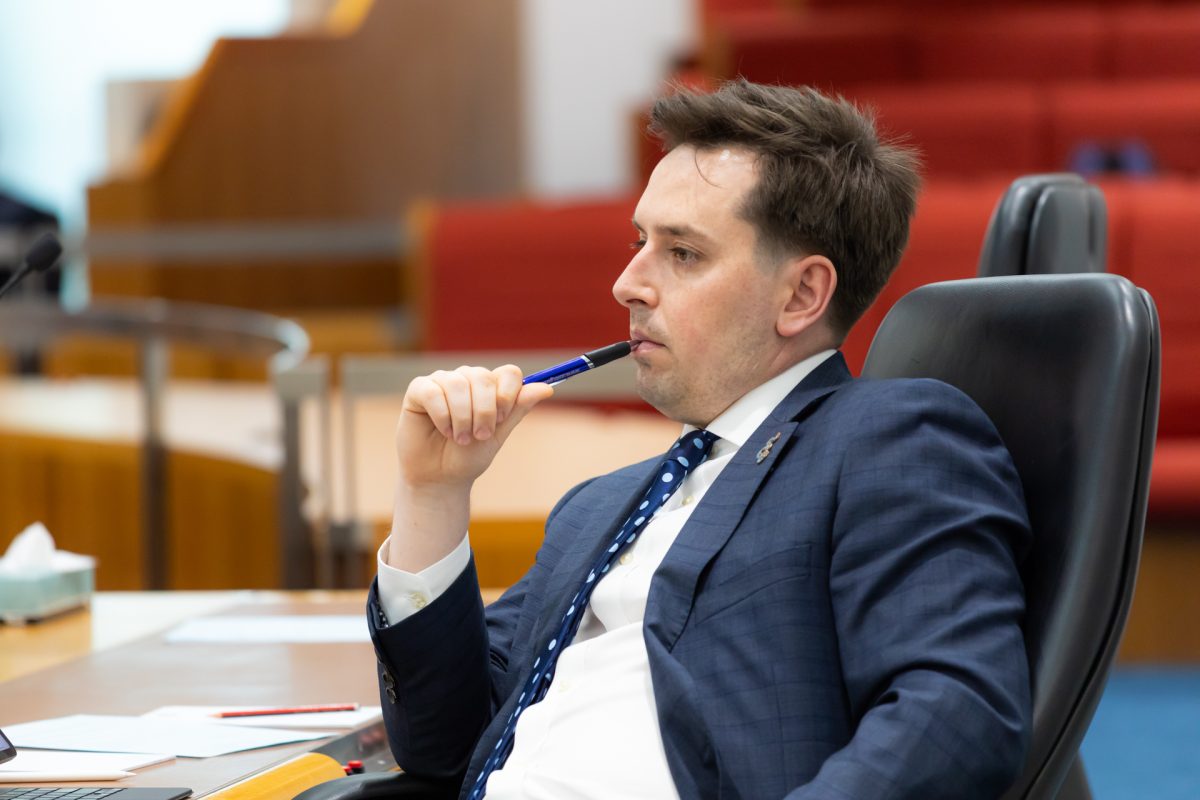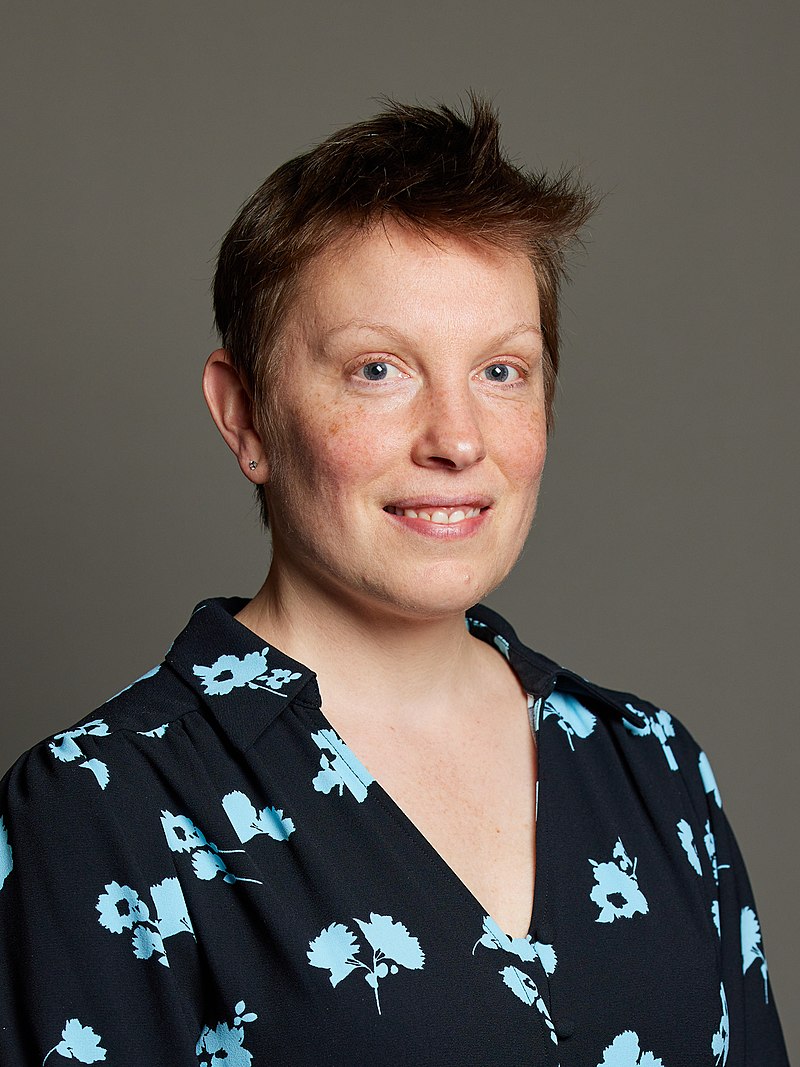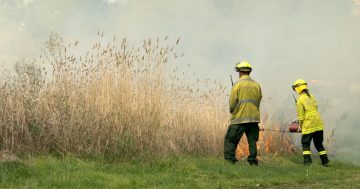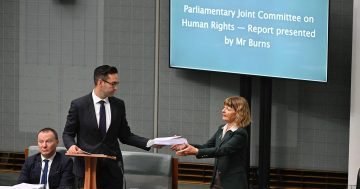
Michael Pettersson chaired the inquiry into loneliness and social isolation. Photo: Michelle Kroll.
Feeling lonely? You’re not alone.
A report released this week cites data indicating the ACT is the loneliest jurisdiction in Australia, with 40 per cent of the population meeting the criteria for being lonely.
The nine-month Legislative Assembly committee inquiry into loneliness and social isolation, chaired by Labor MLA Michael Pettersson, was tasked with looking into the prevalence and costs of Canberrans who lack friends, family, relationships and connections and to come up with policy solutions.
Its final report, which was tabled this week, has recommended the establishment of an ACT Minister for Loneliness and Social Isolation, providing people with free access to sporting facilities and introducing more public transport services.
The inquiry found that certain groups are more likely to feel isolated than others, including young people aged between 18 and 29, carers, those in the LGBTQIA+ community and people with a disability.
Mental health research group Orygen said that the lonely were at greater risk of premature death and more likely to smoke, drink excessively and suffer from obesity. The committee, therefore, examined ways the government could help combat this.
Minister for Loneliness
In the UK, Conservative MP Tracey Crouch became the world’s first Loneliness Minister in 2018.

The world’s first Minister for Loneliness Tracey Crouch. Photo: Wikipedia.
Advocacy body the Mental Health Community Coalition ACT (MHCC ACT) observed that Japan also has a designated minister for loneliness.
“MHCC ACT endorses this strategy, firstly to build governmental expertise and accountability in addressing the public health crisis we face. Secondly, we predict that providing visible leadership on this issue will itself lead to much-needed public education on loneliness,” the MHCC wrote in its submission.
“In light of the pronounced public health risks associated with loneliness, [we recommend] a new Ministry in the ACT responsible for tackling loneliness as a public health issue in the ACT.”
The committee agreed and adopted this proposal as its first recommendation.
Free access to sporting facilities
A number of submissions also suggested sport as a means of combating loneliness.
“Many people wish to engage in a sport or attend a gym but are unable to due to cost,” the Salvation Army stated.
The committee recognised this barrier and recommended that the ACT Government ensure that sporting facilities, as far as possible, be fee-free to access.
More public transport
The ACT Youth Advisory Council highlighted inadequate public transport in the ACT as a barrier to social participation, calling for a “comprehensive review of the bus system”, including both stop locations and timetables, and said frequent services were needed on weekends for young people who often work or socialise at that time.
Relationships Australia cited data from Transport Canberra that showed only 3.6 per cent of trips use public transportation, arguing that people without access to a car are limited by the public transport options.
The committee recommended the ACT Government increase the frequency of services and offer free public transport on public holidays.
More details on the inquiry and a full list of recommendations can be found at the ACT Legislative Assembly.















